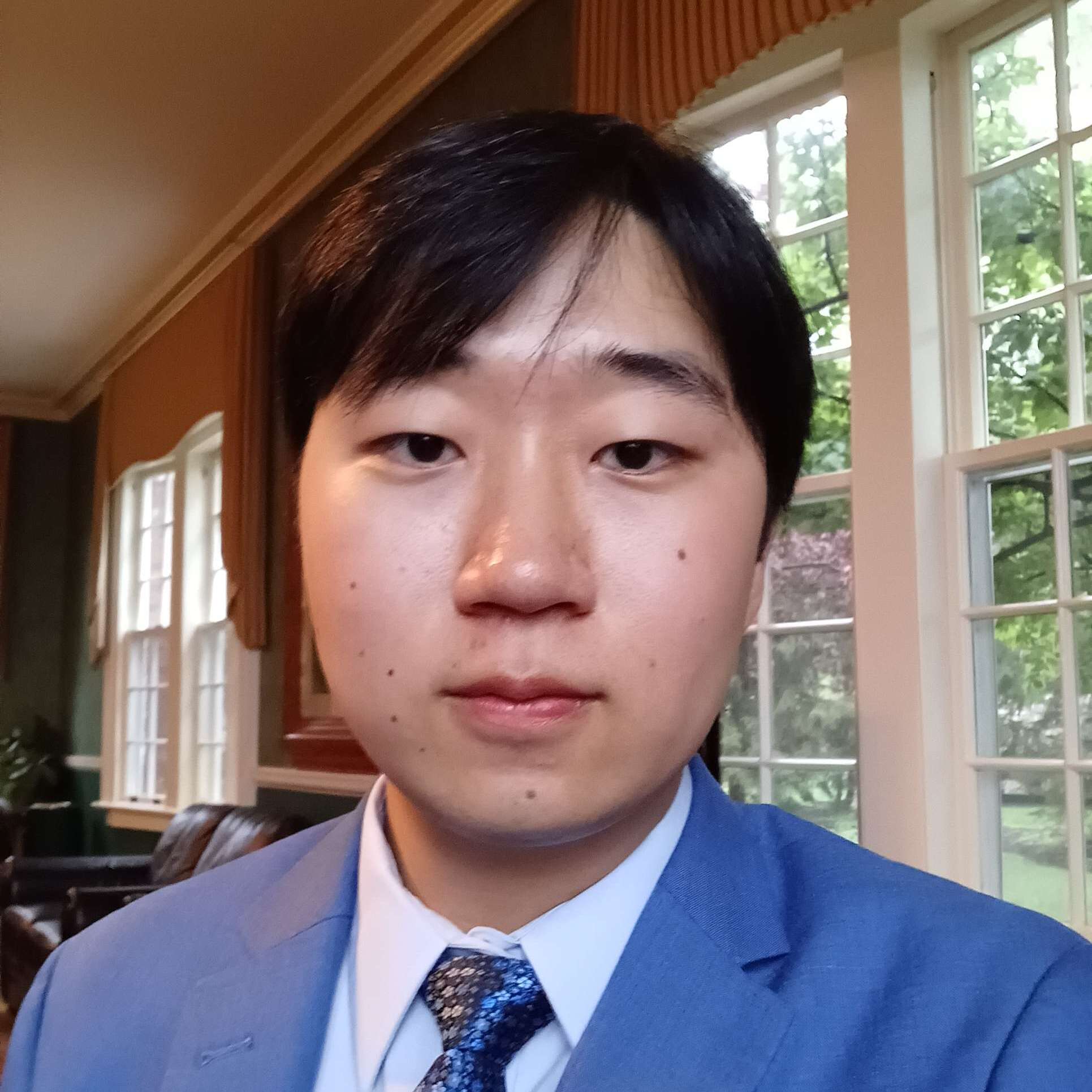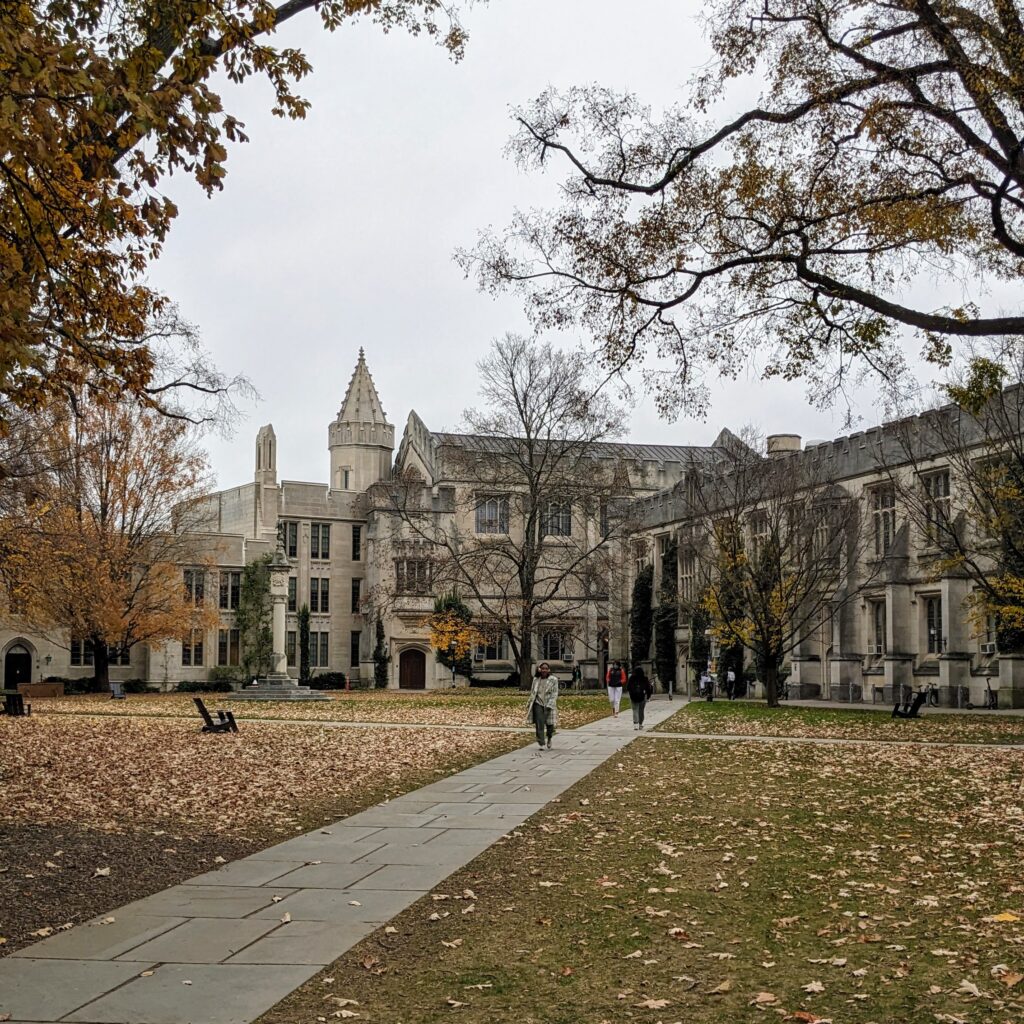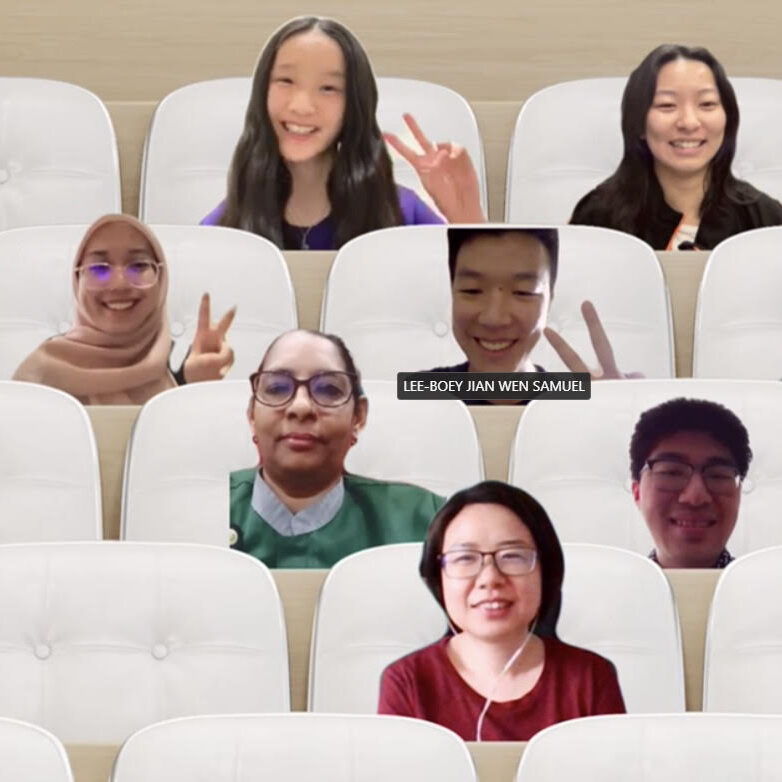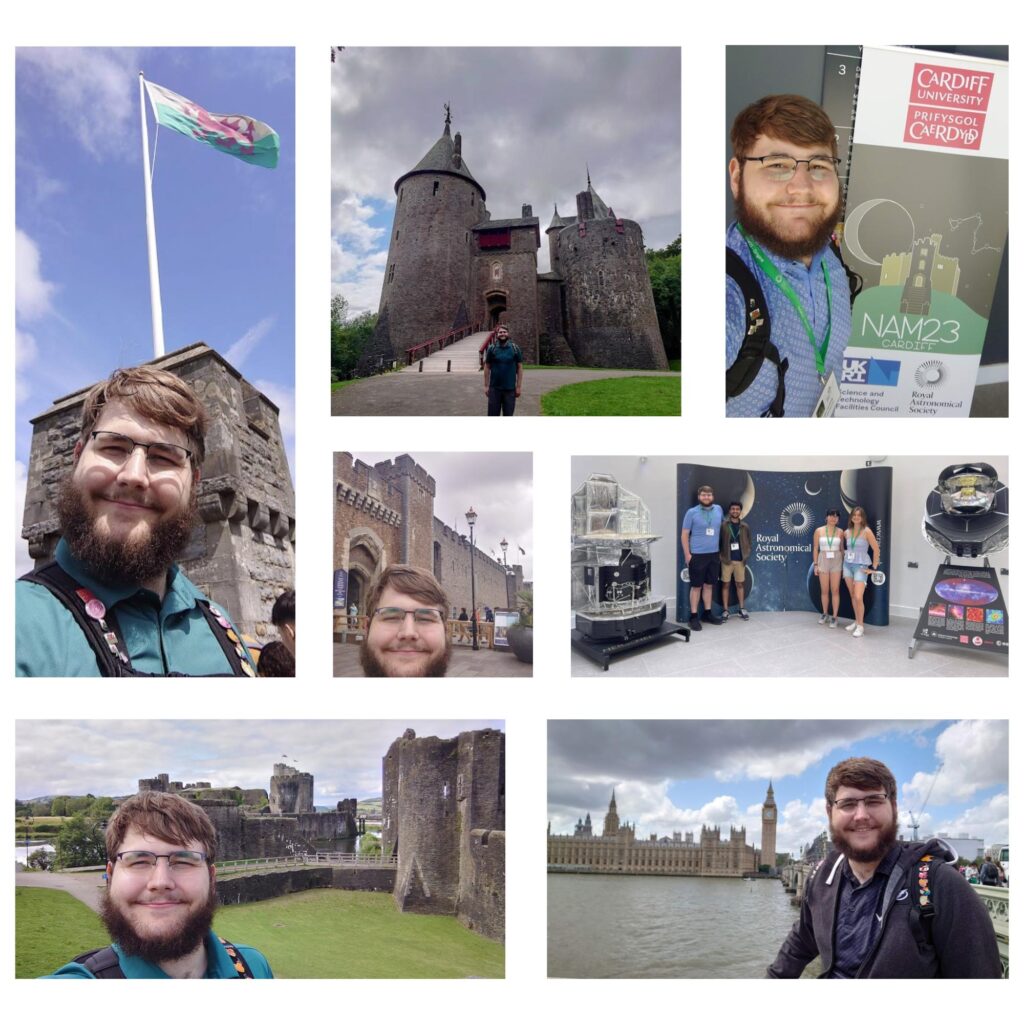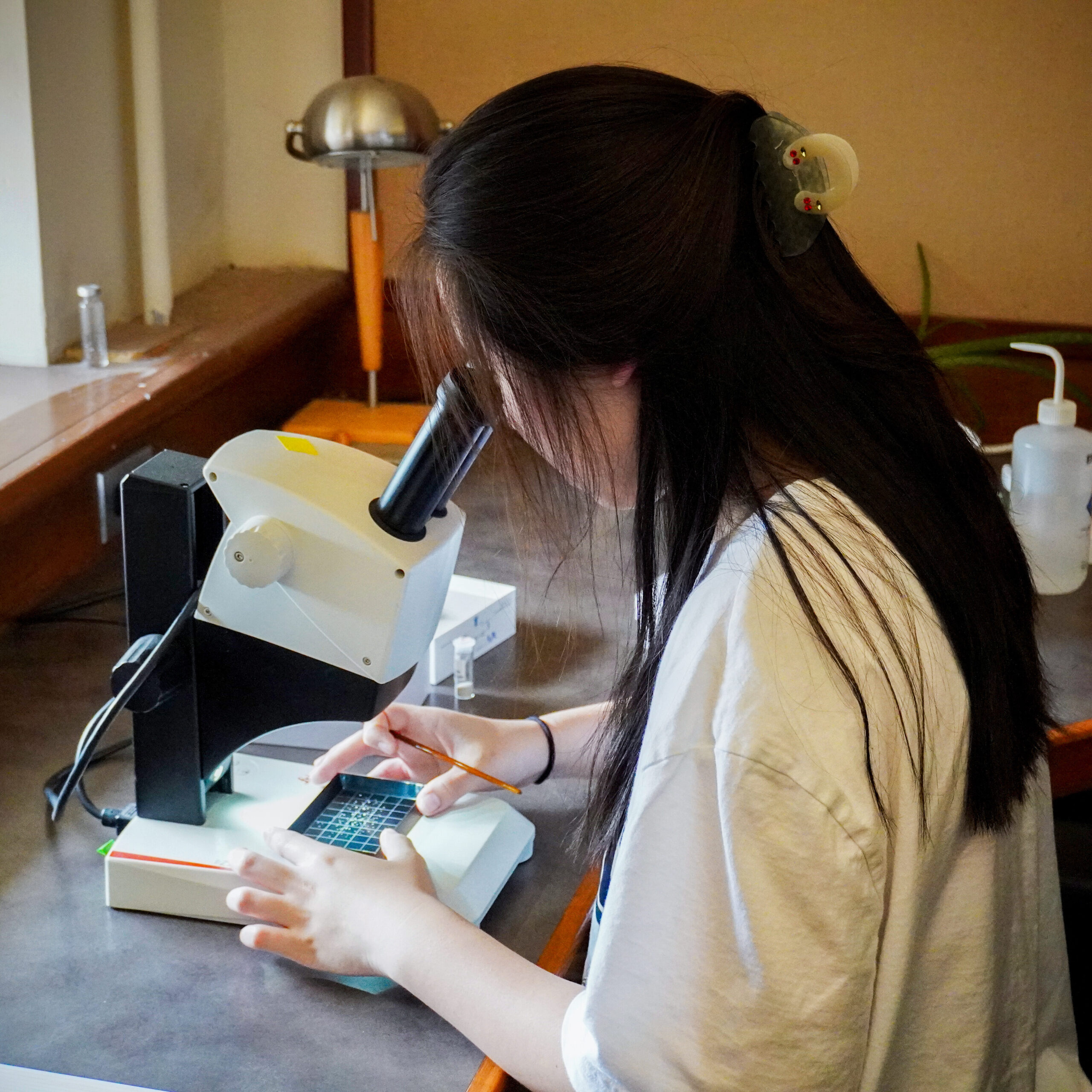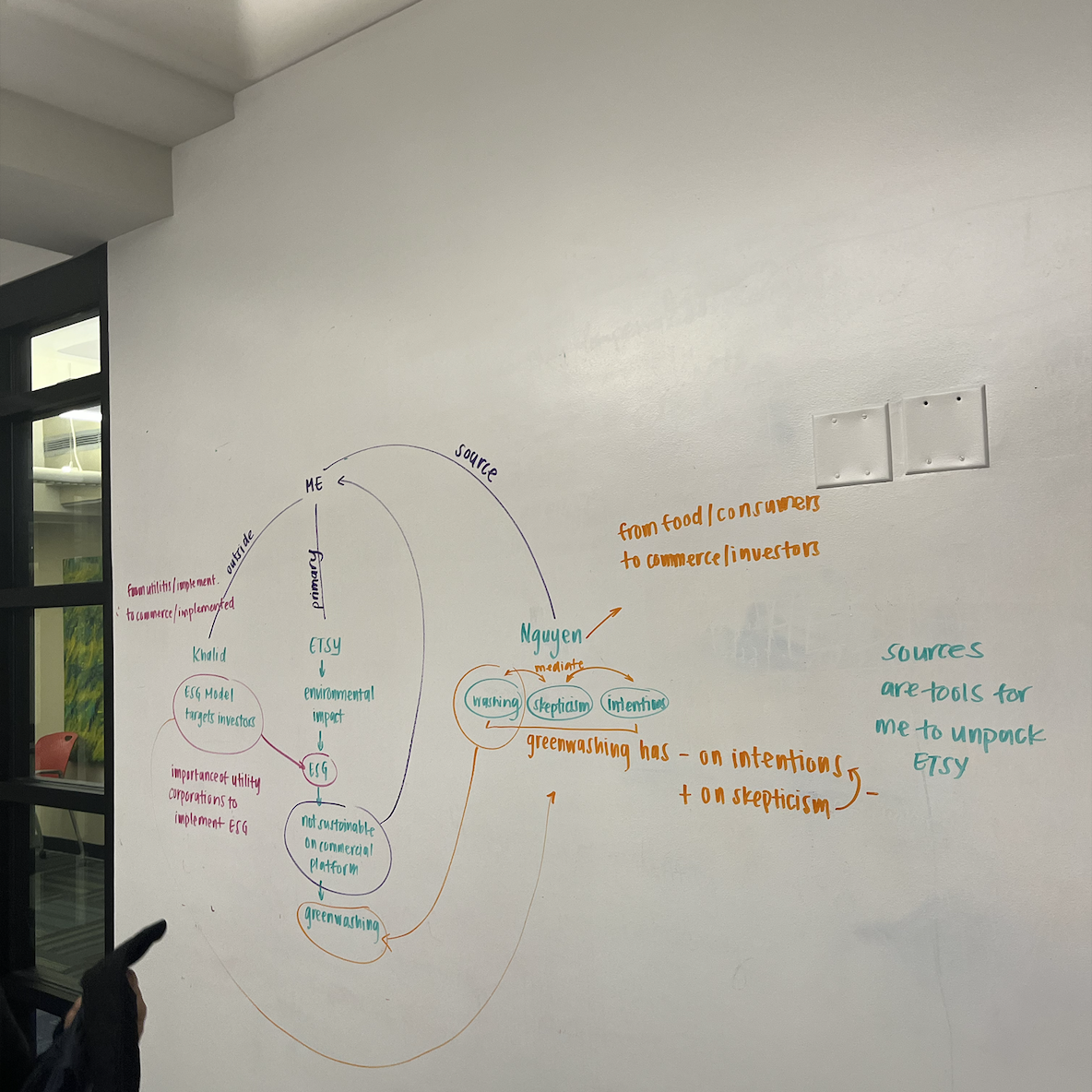Albert Lee ‘24 is the Diversity, Equity, and Inclusion (DEI) Chair at Colonial Club, a member of the Students for Prison Education, Abolition, and Reform (SPEAR), and former Senior Writer for The Daily Princetonian.
As a junior, a hot topic for many of my friends lately has been their junior research and senior theses. In brainstorming ideas for this piece, I also thought about the incredible amount of learning that takes place in just a semester. That’s when I got the idea for this paper—to hear from seniors about their recent experiences conducting research for their Junior Papers. So, I reached out to Albert Lee ‘24, a senior majoring in Sociology and pursuing a certificate in Journalism.
Continue reading Looking at Qualitative Research through Junior Papers: An Interview with Albert Lee ‘24
